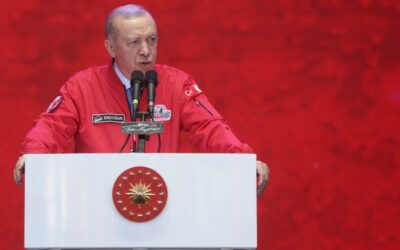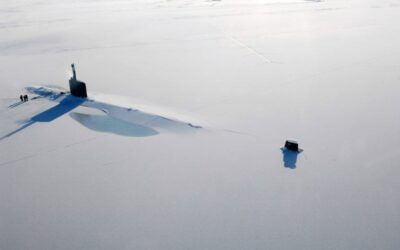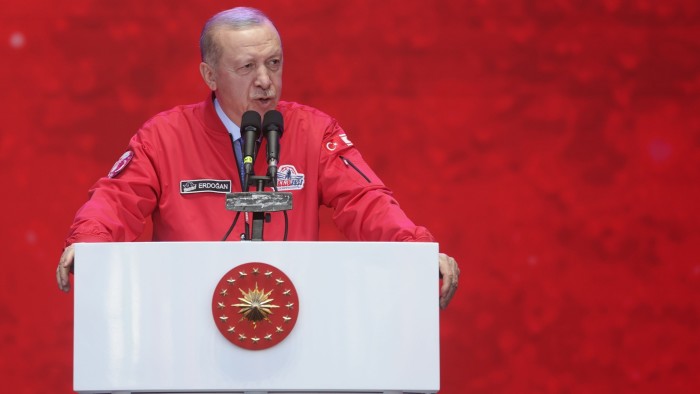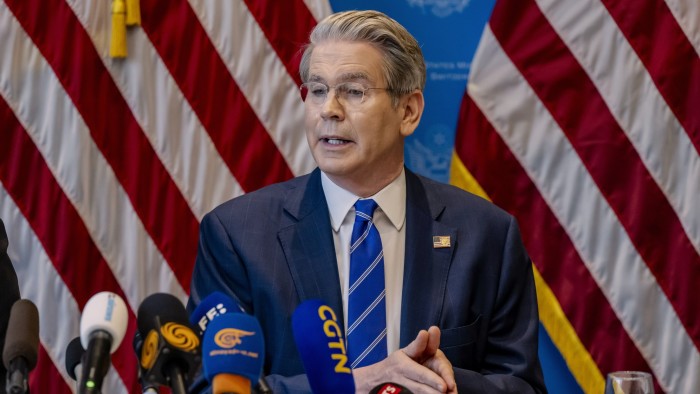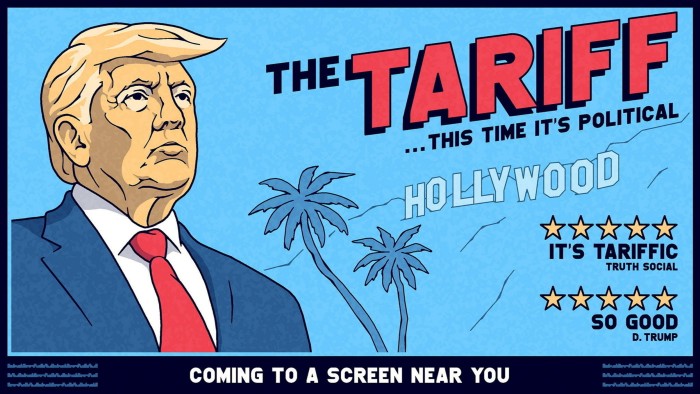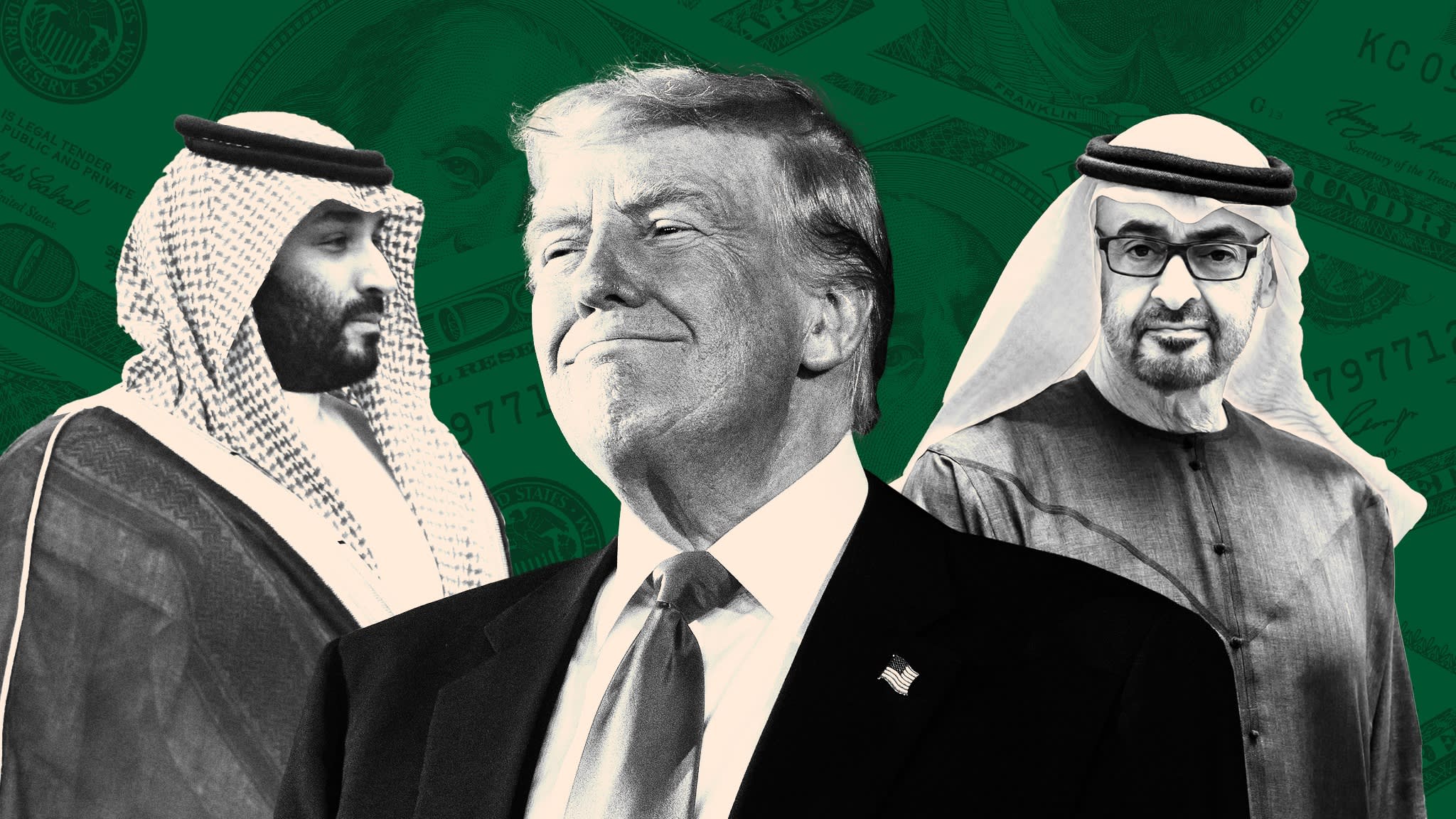World’s largest EV battery maker CATL to raise at least $4bn
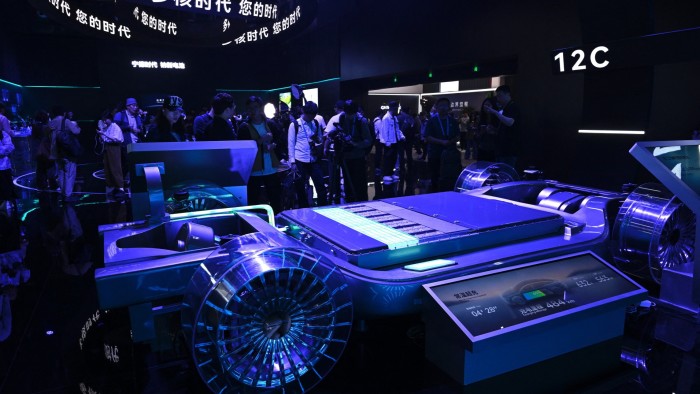
Unlock the Editor’s Digest for free
Roula Khalaf, Editor of the FT, selects her favourite stories in this weekly newsletter.
Chinese electric-vehicle battery maker CATL said it would raise at least $4bn in what is set to be Hong Kong’s biggest share sale this year.
The company’s shares will be priced this week and start trading on May 20, according to a prospectus filed with the Hong Kong stock exchange on Monday.
Chinese oil company Sinopec, the Kuwait Investment Authority sovereign wealth fund and Asian investment firm Hillhouse Capital are leading a group of more than 20 cornerstone investors, which also include insurer Taikang Life and Chinese local government funds.
CATL, which already has shares listed on China’s Shenzhen stock exchange, is the world’s biggest producer of batteries for EVs and energy storage systems.
The secondary listing could raise more than $5bn if demand is strong and a greenshoe option — which allows underwriters to sell more shares than planned — is exercised.
The pricing of its Hong Kong shares is 1.4 per cent below its mainland price, as of market close on Friday. The relatively small discount reflects strong investor demand, according to a person close to the deal. Shenzhen-traded shares of CATL jumped almost 3 per cent to Rmb255 ($35.30) at the Monday opening.
CATL has grown rapidly on the back of China’s EV boom and has embarked on an ambitious global expansion plan, including building battery factories in Europe and licensing technology to US carmakers.
Based in Ningde, south-eastern China, the company has also drawn scrutiny from Washington over national security fears and there is uncertainty over its long-term position in the US market amid trade tensions between Beijing and Washington.
Monday’s filing came as the US said it had made “substantial progress” over two days of trade talks with Chinese officials in Geneva, a sign the world’s two biggest economies might de-escalate their trade war.
However, CATL said in its filing that US tariff policies are “rapidly evolving” and it “cannot predict how tariff policies in various countries may further evolve” or potentially affect its business.
The filing also showed that US investment banks, including JPMorgan and Bank of America, are the main underwriters of the listing, despite a US congressional committee last month calling for the country’s banks to drop out of the deal.
According to one banker close to the negotiations, some US investors are still weighing their involvement in the share sale amid concerns over the Pentagon’s addition of CATL to its list of companies with affiliations to the Chinese military.
While such designations have little legal impact, it risks reputational damage and further scrutiny from US agencies.
CATL reiterated its denial in Monday’s filing of these allegations. It said that it has “never engaged in any military-related businesses or activities” and said it is “engaging” with the US Department of Defense to “address the false designation”.
The company also noted that the designation only restricts it from working with a small number of US agencies and is not expected to have a broader impact on its business.
CATL, which has 11 major domestic manufacturing bases in China, is rapidly expanding abroad with projects in Germany, Hungary, Spain and Indonesia. In the filing, it said around 90 per cent, or HK$27.6bn ($3.5bn), of the new capital will be used for construction of its Hungarian production lines.
Of the company’s $50bn in revenues last year, 69.5 per cent were derived from the Chinese market, with the remainder from overseas, primarily Europe.
However, CATL, which has massive economies of scale benefits over most of its rivals, has also been working with Tesla and Ford to license its battery manufacturing technology for factories in the US.
The filing also showed that EV batteries accounted for 70 per cent of last year’s sales, followed by energy storage systems at 16 per cent and the remainder mostly from battery materials, recycling and mineral resources.
